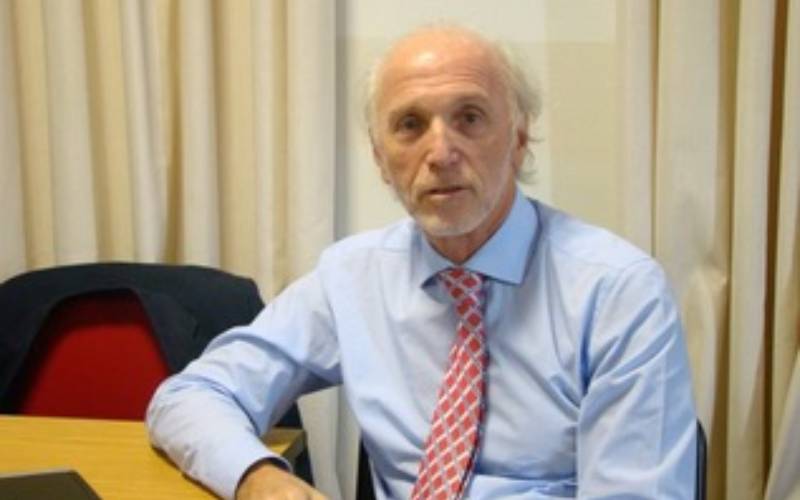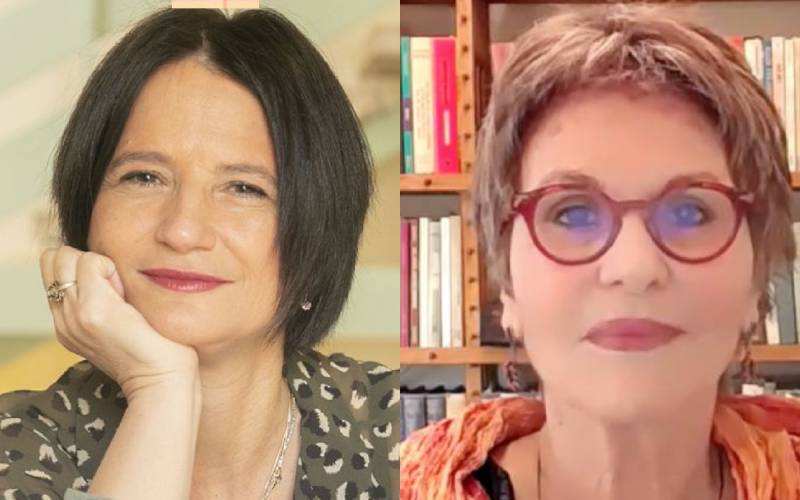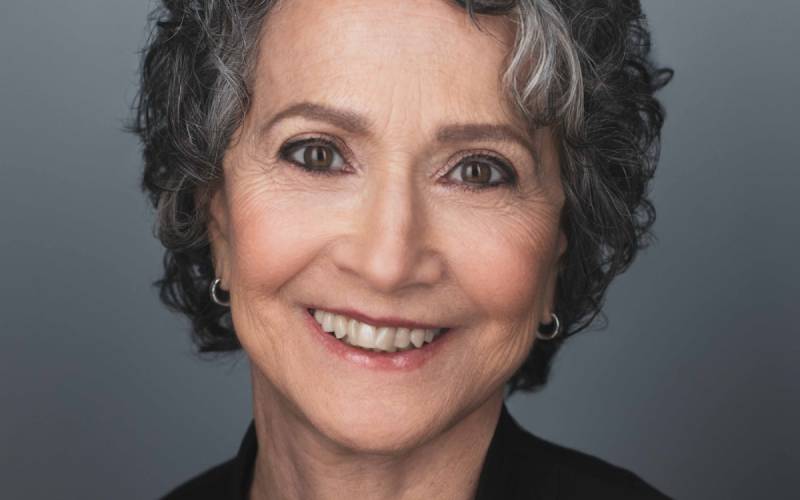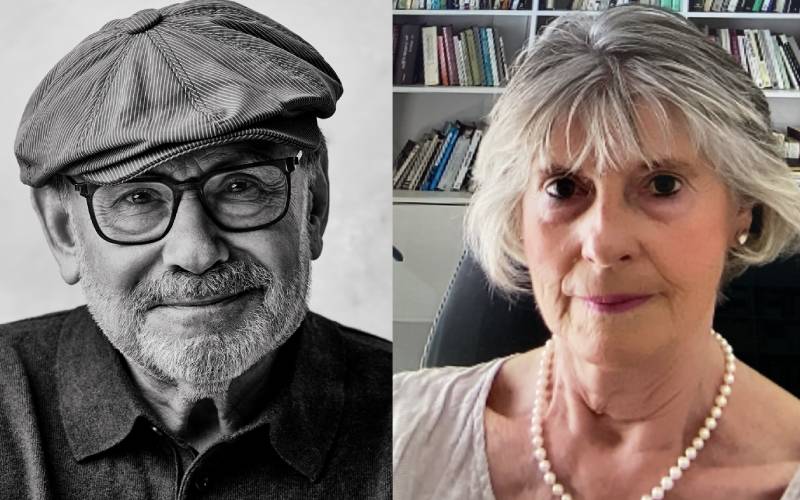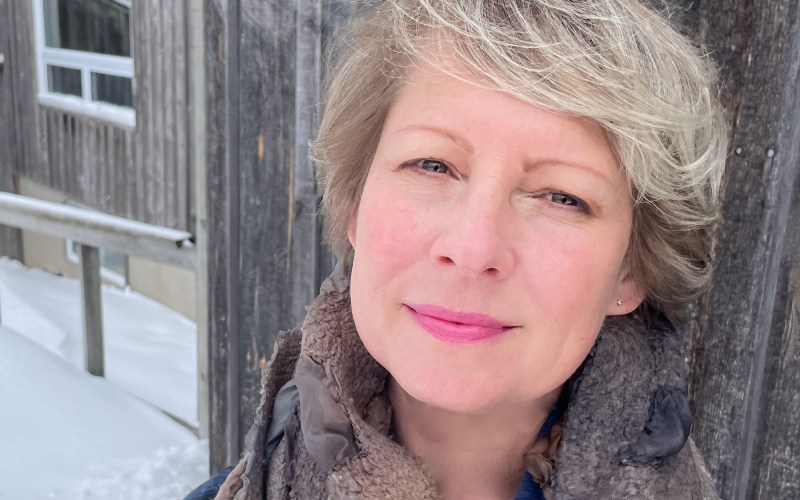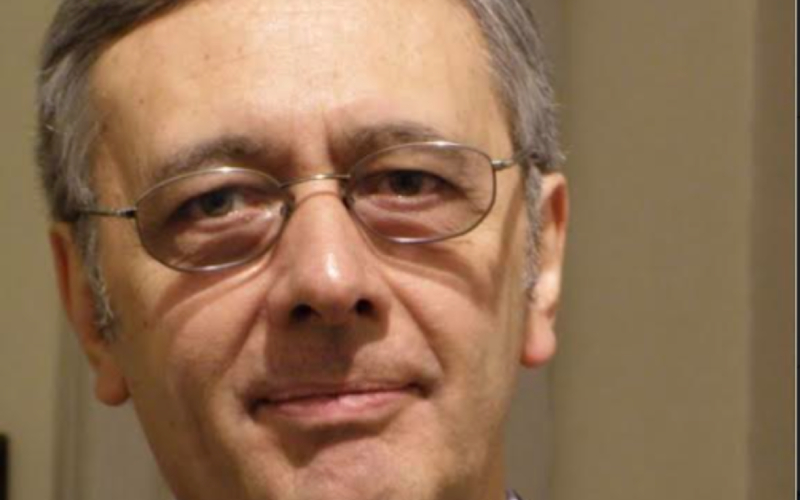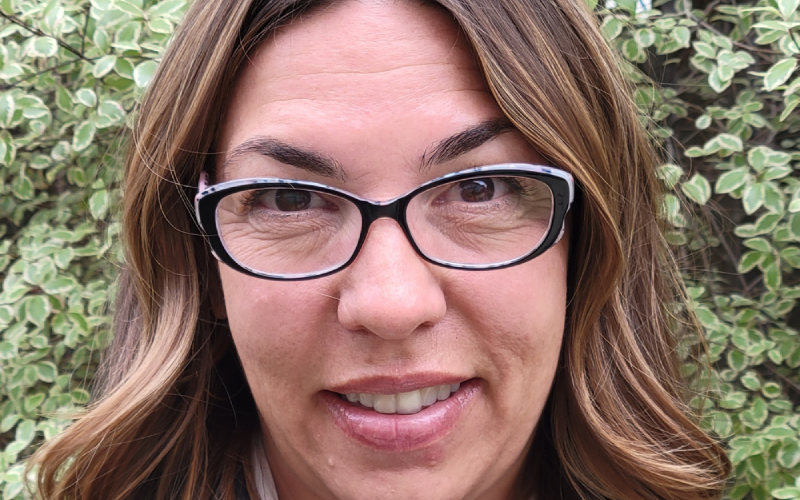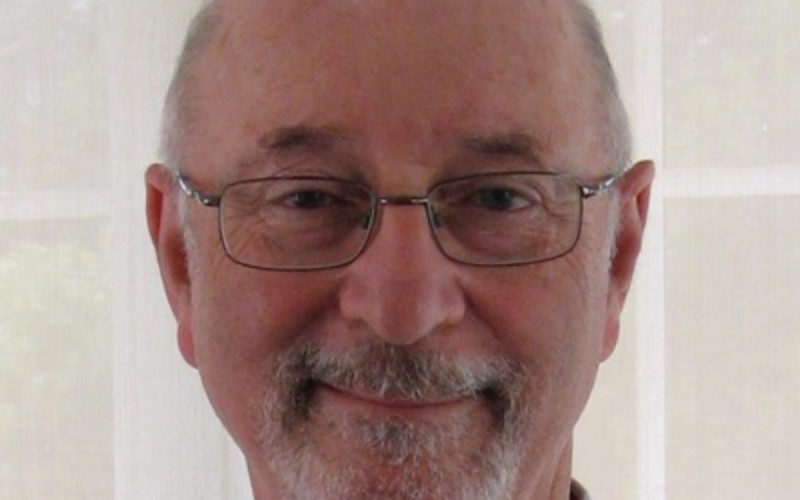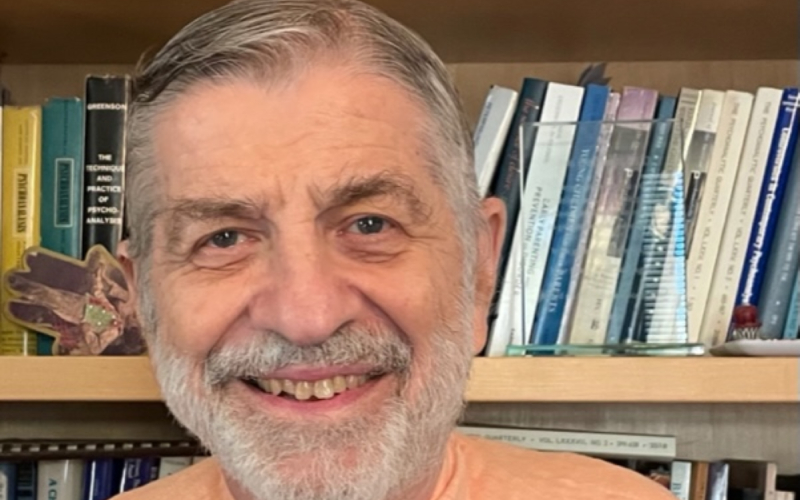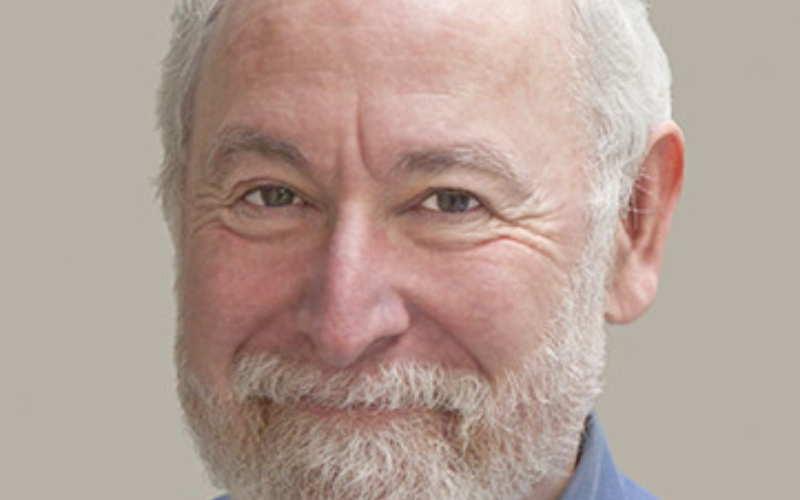Episode 147: IPA Prejudices, Discrimination and Racism Committee with Abel Fainstein, MD (Buenos Aires)
“Discrimination is something that is needed for the child to create himself as a person. You need to be discriminated from the other, and the other is useful for you, as Freud said, as a model, as a rival, as an enemy. There are different kinds of relationships with the other – you need the…
Read MorePodcast: Play in new window | Download

